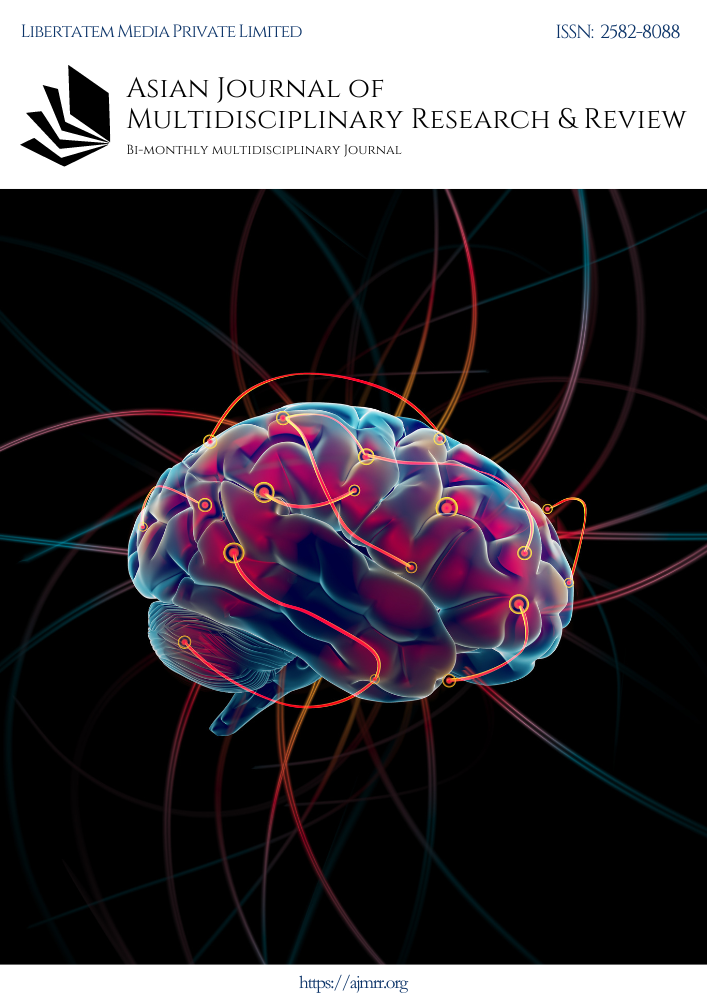REDEMPTION UNDER MORTGAGE
Abstract
The mortgaged property is used as security for the loan payment. After the due date for the Mortgagee's Money's Repayment has elapsed, the mortgagor is entitled to receive his property back upon payment of the principal plus interest. This right of the mortgagor is known as the Right of Redemption. The right cannot be restricted by any terms that bar redemption. Any agreement to the contrary cannot govern the right. This right is mentioned u/s 60 of the Transfer of Property Act, 1882. The word ‘Redeem’ means buy back. Here, in this context it refers to buy back the property which was mortgaged earlier by the mortgagor to the mortgagee. This right to redeem or in other words, right to discharge the debt u/s 60 generally accrues only after the completion of the mortgage period mentioned as per the terms of the contract. The limit for the maximum period of the completion of mortgage contract is not mentioned under any law in India but however in England, it is 40 years. When the prerequisites for a retransfer are met, a mortgagor who is entitled to redemption may request that the mortgagee either retransfer the property to him or, in lieu of doing so, assign the mortgage obligation and transfer the mortgaged property to a third party that the mortgagor may specify. The mortgagee is required to assign and transfer in accordance with such circumstances. One component of the mortgage procedure that cannot be overlooked is the Right of Redemption. The Mortgagor's Right to redeem is more than just a contractual privilege. It is a legal privilege granted to him u/s 60 of the Transfer of Property Act, 1882. A suit for redemption is the legal term for a legal action to enforce this. Prior to the right being forfeited by an agreement between the parties or by the force of law, the mortgagor may exercise it. A Court order may also be used to revoke the right. Before the mortgage money is due, or before the deadline set for payment of the mortgage money, the mortgagor is not permitted to redeem. The mortgagor or any encumbrancer may enforce the rights granted. The rights are contingent upon the fact that the rights granted have not been revoked by an agreement between the parties or a judicial order. The mortgage deed may state that the mortgagee shall be entitled to fair notice prior to the payment or tender of the principal money if a period for payment of the money has not been specified in the mortgage deed or if no time has been specified.
Downloads
Downloads
Published
Issue
Section
License

This work is licensed under a Creative Commons Attribution-NonCommercial-ShareAlike 4.0 International License.
License Terms
Ownership and Licensing:
Authors of research papers submitted to the Asian Journal of Multidisciplinary Research & Review (AJMRR) retain the copyright of their work while granting the journal certain rights. Authors maintain ownership of the copyright and grant the journal a right of first publication. Simultaneously, authors agree to license their research papers under the Creative Commons Attribution-ShareAlike 4.0 International (CC BY-SA 4.0) License.
License Permissions:
Under the CC BY-SA 4.0 License, others are permitted to share and adapt the work, even for commercial purposes, as long as proper attribution is given to the authors and acknowledgment is made of the initial publication in the Asian Journal of Multidisciplinary Research & Review. This license allows for the broad dissemination and utilization of research papers.
Additional Distribution Arrangements:
Authors are free to enter into separate contractual arrangements for the non-exclusive distribution of the journal's published version of the work (e.g., posting it to institutional repositories or publishing it in books), provided they acknowledge the initial publication of the work in the Asian Journal of Multidisciplinary Research & Review.
Online Posting:
Authors are encouraged to share their work online (e.g., in institutional repositories or on personal websites) both prior to and during the submission process to the journal. This practice can lead to productive exchanges and greater citation of published work.
Responsibility and Liability:
Authors are responsible for ensuring that their research papers do not infringe upon the copyright, privacy, or other rights of any third party. The Asian Journal of Multidisciplinary Research & Review disclaims any liability or responsibility for any copyright infringement or violation of third-party rights in the research papers.



